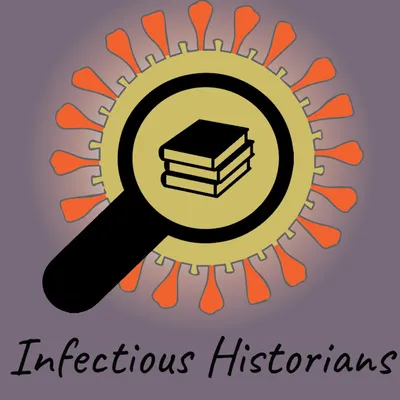The coronavirus pandemic appeared seemingly at random and has killed hundreds of thousands, sickened millions, and transformed the lives of billions. While people have warned for decades that the next pandemic was coming, few people have linked together the study of pandemics of the past to our current situation. Instead, prognosticators offer cherry-picked predictions of how our future might look. Maybe COVID-19 will decrease inequality (like the Black Death supposedly), or maybe it will change nothing at all (like the 1918 influenza pandemic).
Along with former SESYNC postdoctoral fellow Lee Mordechai, I have started the Infectious Historians podcast to connect experts on historical pandemics and their effects with a broad public audience. Our podcast features specialists on a wide range of topics, where we discuss their work, alongside more lighthearted updates on what is happening around us during the pandemic. Our website also offers short blog posts and further readings on these topics if you are interested in learning more.
Episodes so far have covered a variety of topics including: an introduction to plagues across history; the Justinianic Plague (c. 541-750 CE); two on the Black Death (c. 1346-19th century); and two on modern effects of coronavirus (including one on environmental justice with fellow postdoctoral fellow Fushcia Hoover). We have a number of other exciting episodes planned on other pandemics in history as well, so please subscribe and listen through your preferred podcast service. If you have particular pandemics you want to learn more about, then please contact us, since we have already added episodes based on listener requests.
While we do not know what the outcomes of this pandemic will be, we hope that our podcast offers some insight into how people in the past experienced these pandemics and were able to shape their world afterward.
Listen to Infectious Historians here. Learn about my research here.
